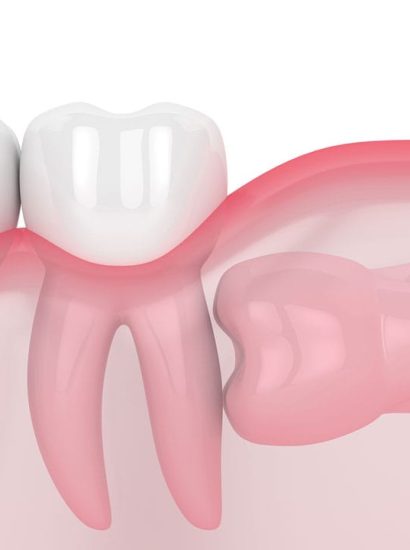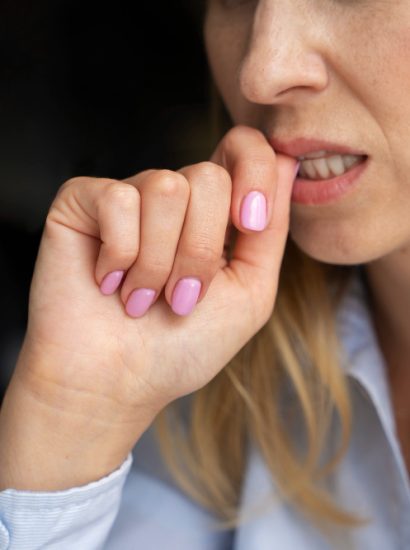Electrolytes play a vital role in our bodies, ensuring proper muscle function, hydration, nerve signaling, and pH balance. The right balance of electrolytes helps prevent dehydration, muscle cramps, and even more serious health complications such as kidney disorders and heart issues. Maintaining an optimal level of essential electrolytes such as sodium, potassium, calcium, magnesium, and chloride can significantly enhance overall health and energy levels.
In this article, we will explore the concept of aBalanced Electrolyte Diet, understand its benefits, discuss natural sources of electrolytes, and provide dietary recommendations to help you sustain energy levels, improve physical performance, and enhance overall well-being.
Understanding Electrolytes and Their Functions
Electrolytes are minerals in your body that carry an electrical charge, playing an essential role in maintaining fluid balance, nerve function, and muscle contraction. The major electrolytes include:
Sodium (Na)
- Maintains fluid balance
- Regulates blood pressure
- Supports nerve function
- Found in table salt, processed foods, and natural sources like celery and beets
Potassium (K)
- Regulates heart and muscle contractions
- Supports proper nerve transmission
- Found in bananas, oranges, spinach, and avocados
Calcium (Ca)
- Strengthens bones and teeth
- Supports muscle contraction and nerve function
- Found in dairy products, leafy greens, and almonds
Magnesium (Mg)
- Supports muscle and nerve function
- Regulates blood sugar levels
- Found in nuts, seeds, whole grains, and leafy greens
Chloride (Cl)
- Helps maintain fluid balance and pH levels
- Aids digestion
- Found in table salt, tomatoes, and seaweed
Phosphorus (P)
- Supports bone and teeth health
- Plays a role in energy production
- Found in meat, fish, dairy, and nuts
Bicarbonate (HCO3)
- Helps regulate pH balance in the body
- Maintains acid-base balance
- Found in baking soda, mineral water, and certain vegetables
Signs of Electrolyte Imbalance
An imbalance in electrolyte levels can lead to various health issues. Some common signs include:
- Muscle cramps and weakness
- Fatigue and low energy
- Dizziness or confusion
- Irregular heartbeat
- Frequent headaches
- Excessive thirst or dehydration
If you experience these symptoms, it is crucial to adjust your diet or seek medical advice to restore electrolyte balance.
How to Maintain a Balanced Electrolyte Diet
A well-balanced diet with a variety of nutrient-rich foods can help maintain optimal electrolyte levels. Here’s how:
Eat Whole Foods
Incorporate a variety of fruits, vegetables, lean proteins, and whole grains into your diet. Processed foods are often high in sodium but lack other essential electrolytes.
Stay Hydrated
Water is key to electrolyte balance. Drinking enough water helps distribute minerals throughout the body. Coconut water, herbal teas, and electrolyte-infused drinks can also help.
Choose High-Electrolyte Foods
Fruits:
Bananas, oranges, watermelons, strawberries
Vegetables:
Spinach, kale, sweet potatoes, cucumbers
Dairy:
Yogurt, milk, cheese
Proteins:
Fish, chicken, beans, eggs
Nuts & Seeds:
Almonds, pumpkin seeds, chia seeds
Limit Excess Sodium
While sodium is essential, excessive intake can lead to high blood pressure and other health risks. Limit processed foods and opt for natural sources of sodium.
Replenish After Exercise
Sweating causes the loss of electrolytes, making post-exercise replenishment crucial. Hydrate with electrolyte-rich drinks or natural sources like coconut water and fruit smoothies.
Monitor Your Diet and Health
If you are prone to electrolyte imbalances due to medical conditions, medications, or a high-activity lifestyle, monitor your intake and consider electrolyte supplements if necessary.
Sample Meal Plan for Electrolyte Balance
Breakfast:
- Greek yogurt with fresh berries and chia seeds
- A glass of coconut water
Mid-Morning Snack:
- A banana with almond butter
- A handful of nuts
Lunch:
- Grilled chicken with quinoa and steamed spinach
- A side of avocado slices
- Lemon water
Afternoon Snack:
- Cottage cheese with walnuts and dried apricots
Dinner:
- Baked salmon with roasted sweet potatoes and steamed broccoli
- Herbal tea with a pinch of sea salt
Post-Workout:
- Smoothie with banana, yogurt, and coconut water
- Handful of pumpkin seeds
Conclusion
Maintaining aBalanced Electrolyte Diet is essential for overall health, hydration, energy levels, and muscle function. A well-planned diet rich in electrolyte-rich foods such as fruits, vegetables, dairy, and lean proteins can help prevent imbalances and enhance physical and mental performance. Staying hydrated, making mindful dietary choices, and replenishing lost electrolytes after physical activity are key strategies for maintaining optimal health. By incorporating these practices into your lifestyle, you can support your body’s vital functions and sustain long-term well-being.
FAQs
What are the best natural sources of electrolytes?
Fruits (bananas, oranges), vegetables (spinach, kale), dairy products, lean proteins, nuts, seeds, and coconut water are excellent natural sources of electrolytes.
Can I get enough electrolytes through diet alone?
Yes, a well-balanced diet with a variety of whole foods can provide adequate electrolytes. However, athletes or individuals with certain medical conditions may require supplements.
What happens if I have too many electrolytes?
Excess electrolytes, such as too much sodium or potassium, can lead to high blood pressure, kidney issues, or heart problems. It is important to maintain a balanced intake.
Do sports drinks help with electrolyte balance?
Sports drinks can help replenish lost electrolytes during intense exercise, but they often contain added sugars. Natural alternatives like coconut water or homemade electrolyte drinks are healthier choices.
How much water should I drink to maintain electrolyte balance?
Hydration needs vary based on activity level and climate, but generally, drinking 8-10 cups of water daily and consuming electrolyte-rich foods helps maintain balance.
Are electrolyte supplements necessary?
For most people, a balanced diet is sufficient. However, those with high sweat loss, dehydration issues, or medical conditions may benefit from supplements under medical guidance.
How do I know if I need more electrolytes?
Symptoms like muscle cramps, dizziness, fatigue, irregular heartbeat, and excessive thirst can indicate an imbalance. Adjusting your diet and hydration can help.
Also read: 10 Irresistible Salted Bun Recipes You Need to Try Today!









